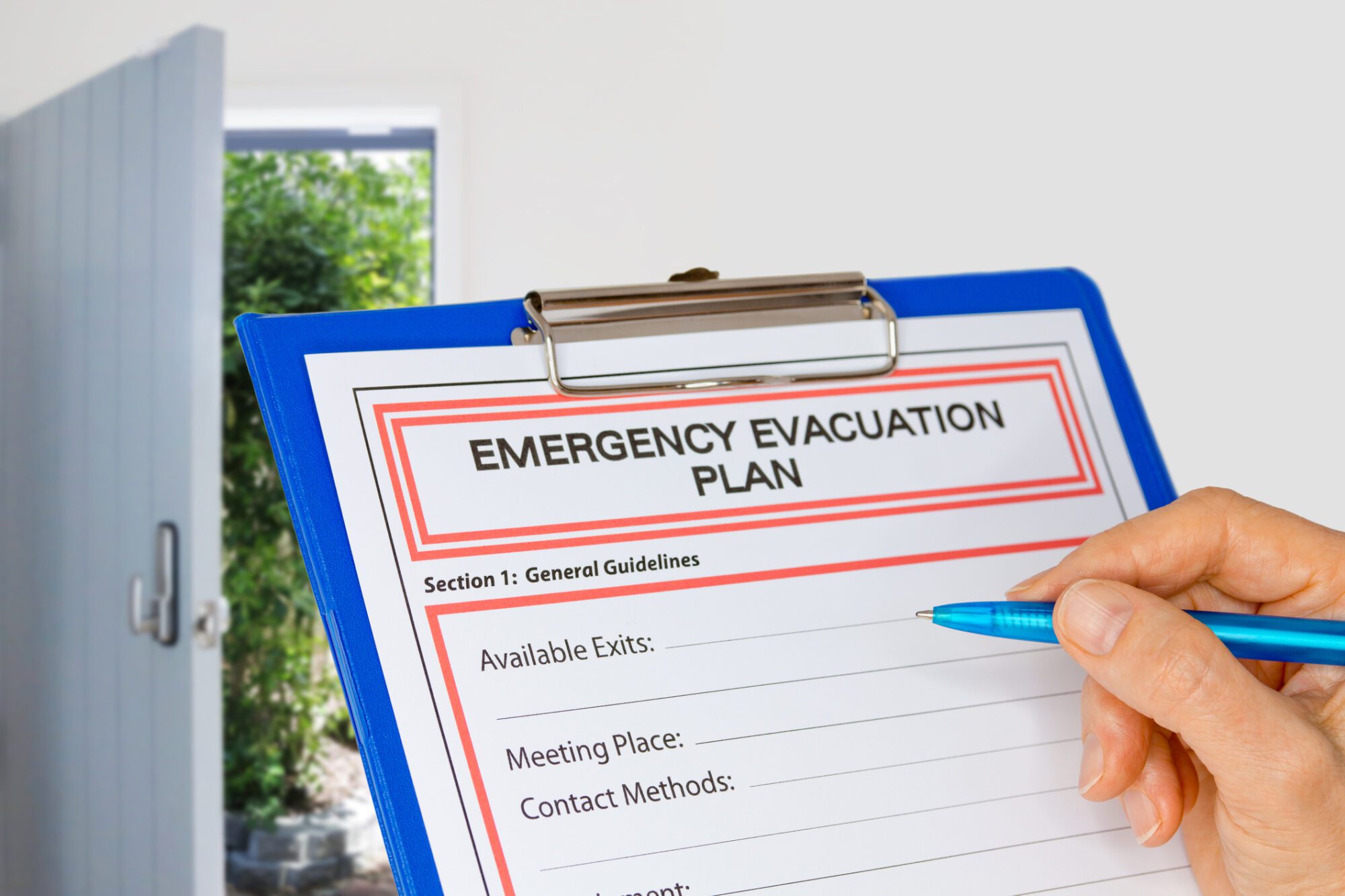Hurricanes, fire, flood, earthquake, and even the occasional polar vortex. If you aren’t ready for a natural disaster, take a look at the events of the last two years as great motivation for emergency preparation. Emergencies can happen quickly and without warning, and they can force you to evacuate or they can require that you stay in your home for an extended period of time. That’s why home emergency preparedness is a must and should be done now so that you will be ready if and when something happens. Here are a few ways homeowners in Virginia can start preparing now.
Personal Family Emergency Plan
Being prepared means making a plan. Sit down with your family, turn off cell phones, and discuss the most likely scenarios in your area (fire, flood, blizzards, hurricanes, etc.). For each one, form a basic plan of what your family will do, assigning duties to each member of the family, and outlining actions to take.
Designate places to meet in case you can’t return to your home. And have a plan for communicating with each other (see more on that below). Plan for your pets. Also take into account babies, young children, seniors and people with special needs. Write down your plan, give each member a copy that includes their individual duties, and make it part of your emergency supply kit.
The Virginia Department of Emergency Management has printable cards and worksheets you can use for each family member to be sure you’re all clear on the steps each person should take if disaster strikes near you.
And finally, here are a few links to resources that can help people in Virginia with their emergency planning.
- Disaster Preparedness for Seniors by Seniors
- Red Cross Hurricane Safety Checklist
- Emergency Preparedness in Virginia
Let your family know you’re safe
Chaos is a part of any disaster, and if one hits it’s often hard to get in touch with friends, family and loved ones directly. Have a plan for communicating during an emergency. If cell networks are overloaded, texts, emails or even social media posts can get through when calls cannot.
Another quirk of cell networks during emergencies is that long-distance calls can often go through when local ones do not. Ask an out-of-town friend or family member to be your command central for people to check in with if the family is separated.
Another alternative to let people know you’re safe is to register on the American Red Cross Safe and Well website. If you don’t have internet access, you can call 1-866-GET-INFO to register or check on others.
Home emergency preparedness kits
Having an emergency supply kit is essential for surviving a disaster. Make sure to have supplies on hand to last each person at least three days. Here’s a good list to get your started:
START WITH: Food and water, enough for each person to last 3 days. And a battery or hand-crank powered radio.
NEXT, add these to your emergency kit:
- Cash (in a safe and secure location)
- Flashlight with extra batteries
- Necessary medications / prescriptions
- First aid kit
- Personal sanitation items
- Diapers
- Pet food, medication, extra leash and collar
- Change of clothes and spare pair of shoes for each person
- Whistle (to signal for help if needed)
- Fire extinguisher
FINALLY, you can add these materials to really be ready for whatever comes your way:
- Basic tools such as pliers and screwdrivers that can be used to turn off utilities
- Materials that can be used to create shelter such as plastic sheeting and duct tape
Emergencies and disasters can strike anyone, anytime and anywhere. That’s why being prepared is so important. We’ve seen our share of hurricanes, floods and other emergencies here in the Arlington, Virginia area. And we understand the value of planning ahead, and the comfort of knowing that we are prepared for whatever comes our way, safe and sound in this community we love.

